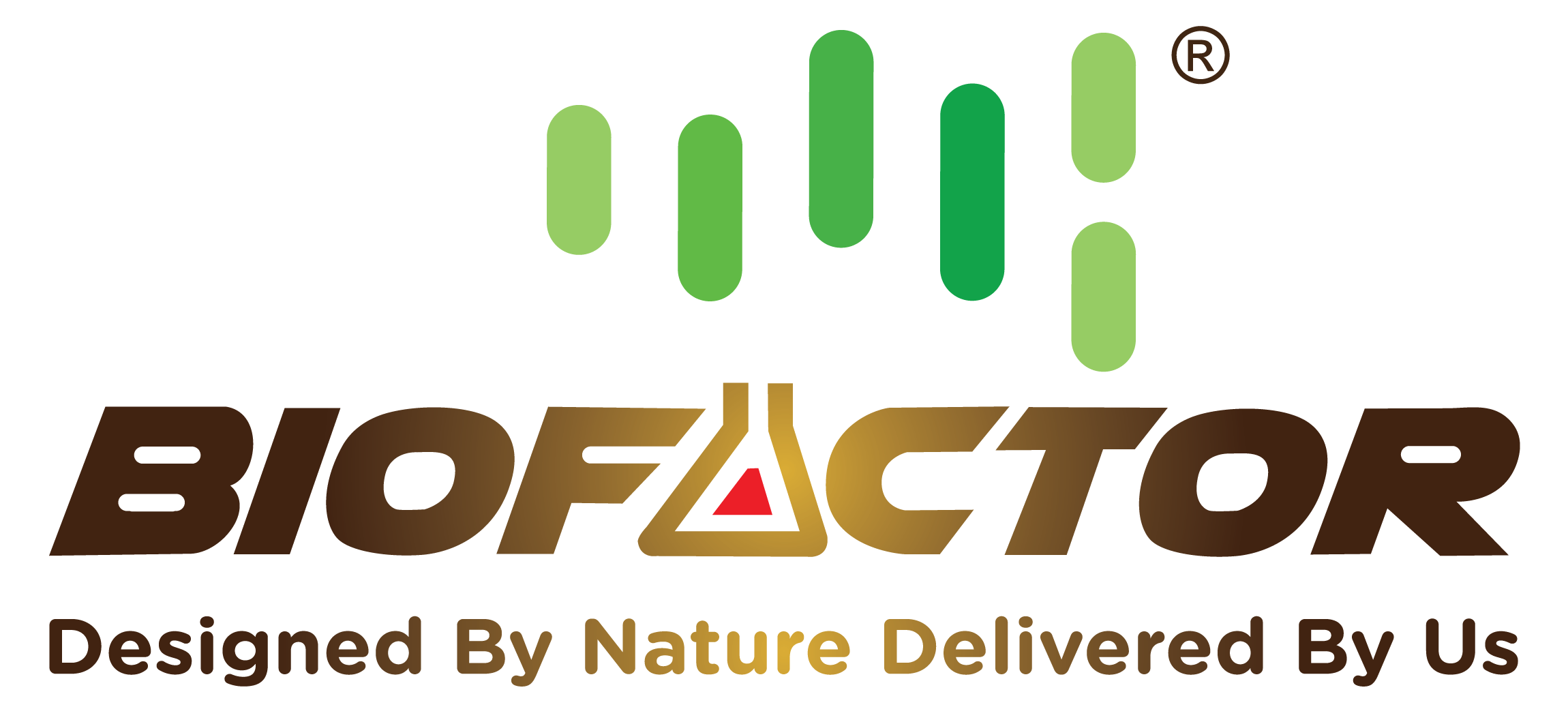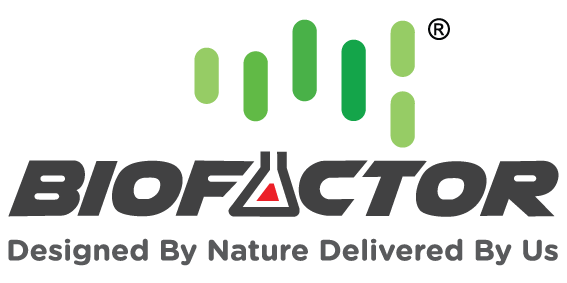Poultry
Poultry
In the field of enzymes, Biofactor develops novel enzymes that enhance feed conversion rates, nutrient absorption, and reduce the environmental impact of poultry farming. These enzymes break down complex feed components into simpler forms for better digestion, leading to improved growth, feed efficiency, and overall health.
Microbials play a crucial role in promoting gut health and disease prevention in poultry. Biofactor isolates and selects specific strains of beneficial microorganisms to optimize gut flora, enhance nutrient utilization, and strengthen the immune system. By incorporating these microbials into poultry feed, they contribute to improved performance and overall well-being.
Probiotics, live microorganisms that confer health benefits, are another area of focus for Biofactor. They incorporate carefully selected strains of beneficial bacteria into their products to create a healthy gut environment, strengthen the immune system, and inhibit the growth of harmful pathogens. Probiotics also aid in nutrient absorption, reduce digestive disorders, and enhance poultry productivity.
Biofactor’s natural phytogenic nano-nutrient products are developed by combining plant-derived compounds with cutting-edge nanotechnology. These products utilize phytogenic compounds, such as essential oils, flavonoids, saponins, and tannins, known for their bioactive properties. The integration of nanotechnology ensures precise delivery and targeted action of these compounds, maximizing their effectiveness in addressing specific challenges faced by poultry farms.
A notable aspect of Biofactor’s approach is their customization for farm-specific requirements. They recognize that each farm has unique needs and challenges, and they work closely with farmers to understand their specific requirements. By conducting thorough assessments, Biofactor formulates customized solutions that address deficiencies and optimize poultry performance. This personalized approach allows farmers to maximize their return on investment by utilizing products tailored to their farm’s requirements.
Biofactor is at the forefront of biotechnology innovations in enzymes, microbials, and probiotics, focusing on the poultry industry. Their development of natural phytogenic nano-nutrient products, combined with customization based on farm-specific requirements, provides significant benefits to poultry farms. By improving feed utilization, gut health, and overall performance, Biofactor contributes to the sustainable success of the poultry industry.


